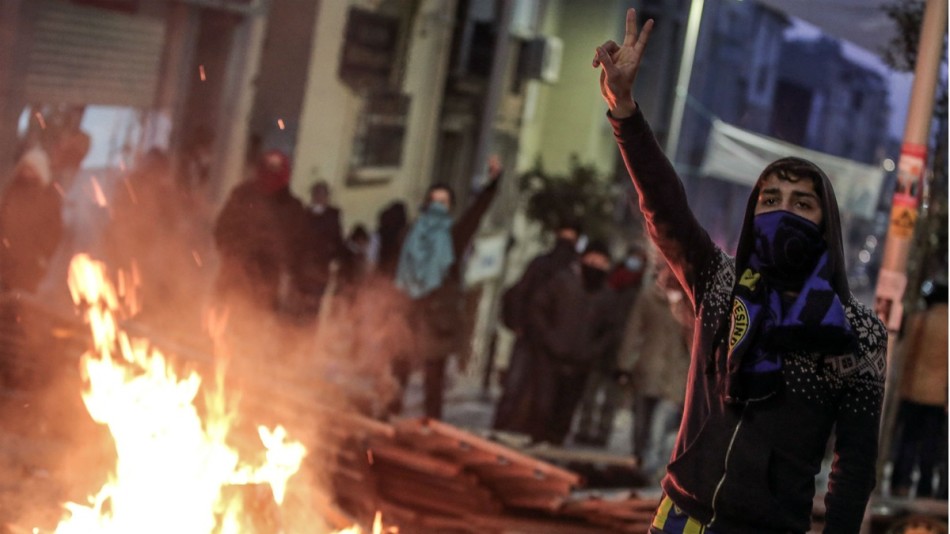Attempt to ban Twitter in Turkey is overruled
On March 21, Turkish Prime Minister Recep Tayyip Erdogan vowed to “eradicate Twitter,” blocking all access to the site a few hours later. Turkish users of the social networking site managed to get around the censorship by using free mobile private network apps, which replace their IP addresses with one from the company’s servers, concealing the location of the user and allowing access into restricted sites. As a result, usage of Twitter immediately increased by 138%.
Following a year-long period of unrest, Erdogan’s increasingly authoritarian attempt to stifle widespread protest appears to have been due to scandal. Adversaries of the government used Twitter to publicize leaked recordings of telephone conversations that apparently communicate the vast corruption among government officials and those close to the prime minister, which includes his son. The governmental implementation of censorship seems almost identical to the failed efforts to evade political defeat by blocking social networks, Internet connection and cellular access attempted by the likes of Egypt and others.
What sets Turkey apart from the wave of similar regimes in the past few years is the theory that Erdogan’s real aim was to demonize social media. During a rally, the prime minister noted the threat that social media poses to family values by its disruption of privacy. He also stated that the foreign companies that own these networks, such as Facebook and YouTube, are under the command of US and European courts, and would not obey Turkish court orders. As stated by sociologist Zeynep Tufekci, who covered the Gezi protests, this is a “strategy of placing social media outside the sacred sphere, as a disruption of family, as a threat to unity, as an outside blade tearing at the fabric of society.”
On Wednesday, March 26, a court in Turkey denied the government permission to ban Twitter, giving orders to the country’s telecommunications authority to restore access to the site. The drastic action attempted by the government had met with an uproar both within and outside Turkish borders, due to conflicts with freedom of speech and expression.
In spite of the overruled ban, Erdogan has continued to attack Twitter, claiming that unless the service complies with local Turkish court ruling to remove some of its content, the prohibition will remain in place. Twitter’s general counsel response was that the company had already done so by suspending two accounts that had violated its rules, as well as by blocking content on a third account.
Apart from Twitter, Erdogan also criticized YouTube, which, like the latter, had been used to publicize leaked telephone conversations and videos. On NTV, a privately owned Turkish news channel, he divulged that Twitter had hired the same law firm that YouTube used during a separate dispute with Turkish authorities in 2008. Erdogan stated,“What is this thing called Twitter, anyway? It is a company, involved in communication, social media, et cetera. Now, you look at it and actually see YouTube behind this. They do not have a representation here, but work with the lawyers of YouTube.”
Sources: nytimes.com, nbcnews.com, forbes.com
















Elif Alptekin • Apr 1, 2014 at 11:16 am
Being the only Turkish family at the school, I was worried that nobody would be aware of these unjust decisions made by the government which we are against. I am very pleased to see this objective article, explaining in a very open and simple way.
Thank you.